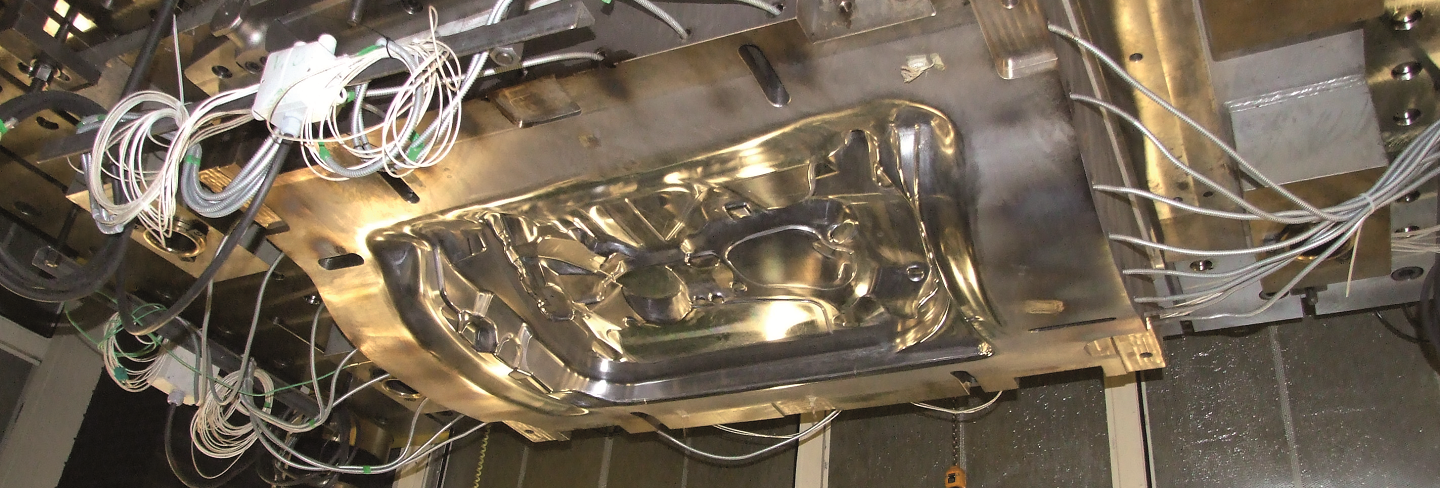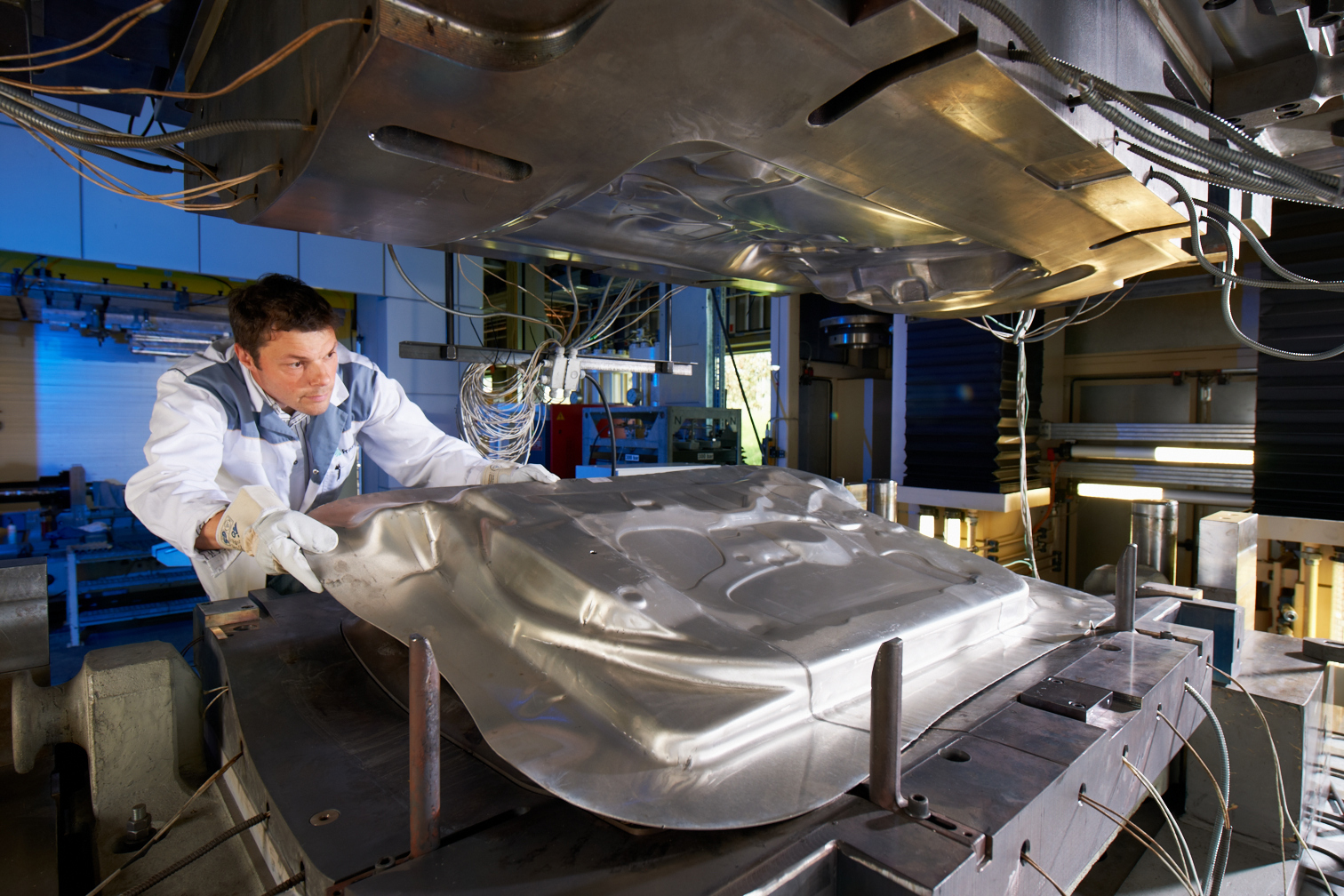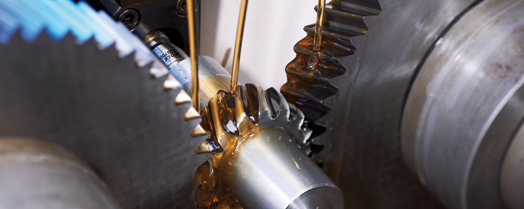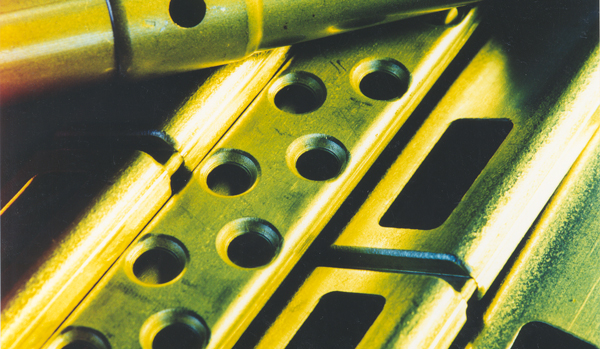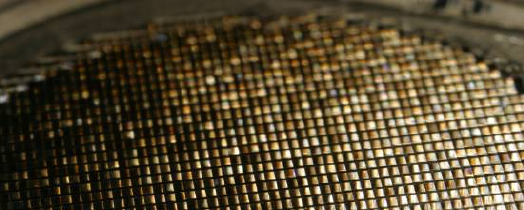Energy- and resource-efficient forming technologies
In sheet metal forming and bulk metal forming we consider the entire process chain when designing plant systems and logistics – starting with the component concept, followed by product development, feasibility studies, development of technologies and tool concepts, method engineering up to realization of prototypes or small series. Our research activities focus on components for car bodies and powertrains. In order to optimize energy and material use we develop solutions to systematically shorten the process chains of forming technology, for example by applying novel technologies. As a result we obtain a functional and load-oriented design of forming tools and enable the application of innovative processing technologies.
 Fraunhofer Institute for Machine Tools and Forming Technology
Fraunhofer Institute for Machine Tools and Forming Technology